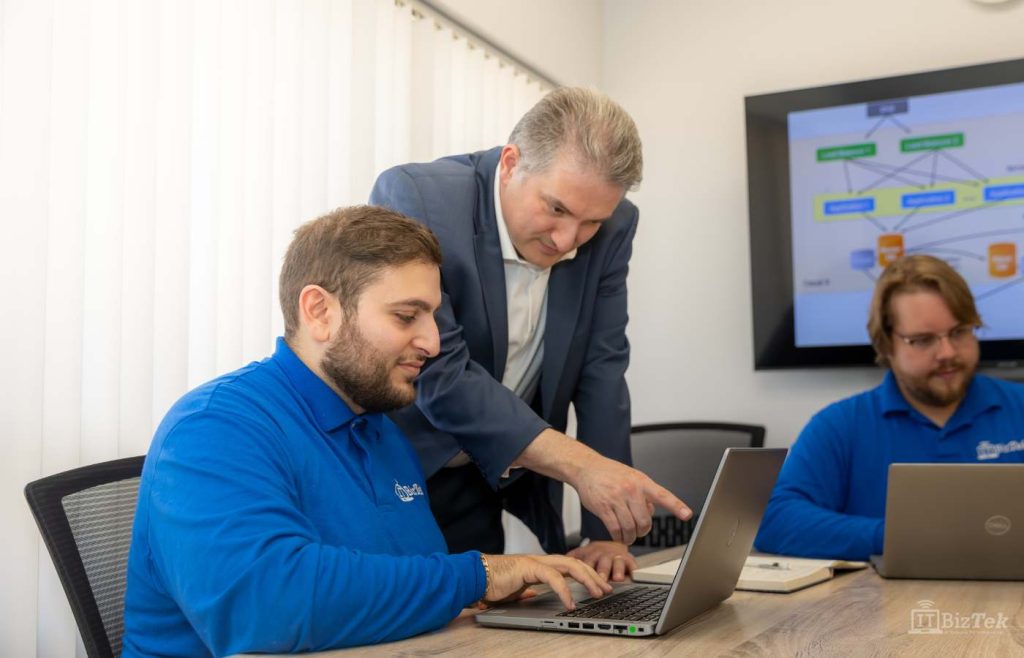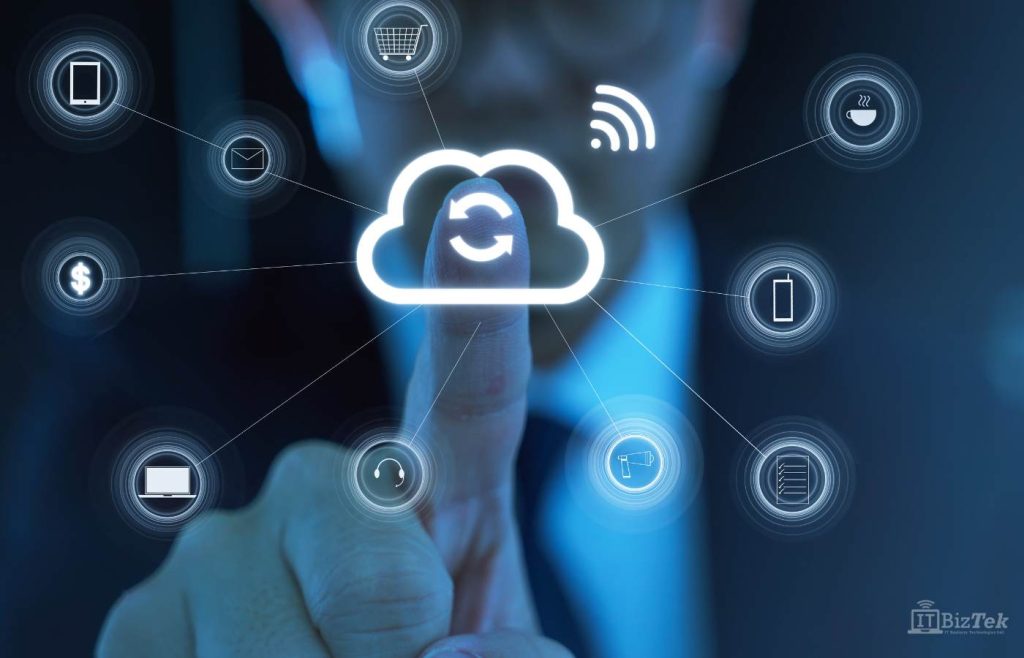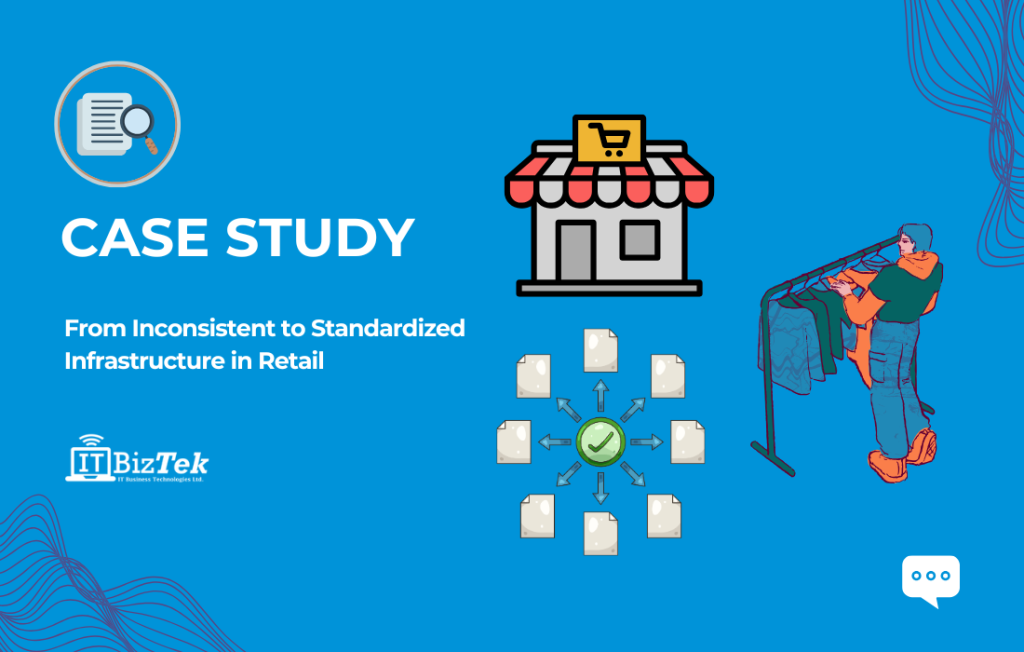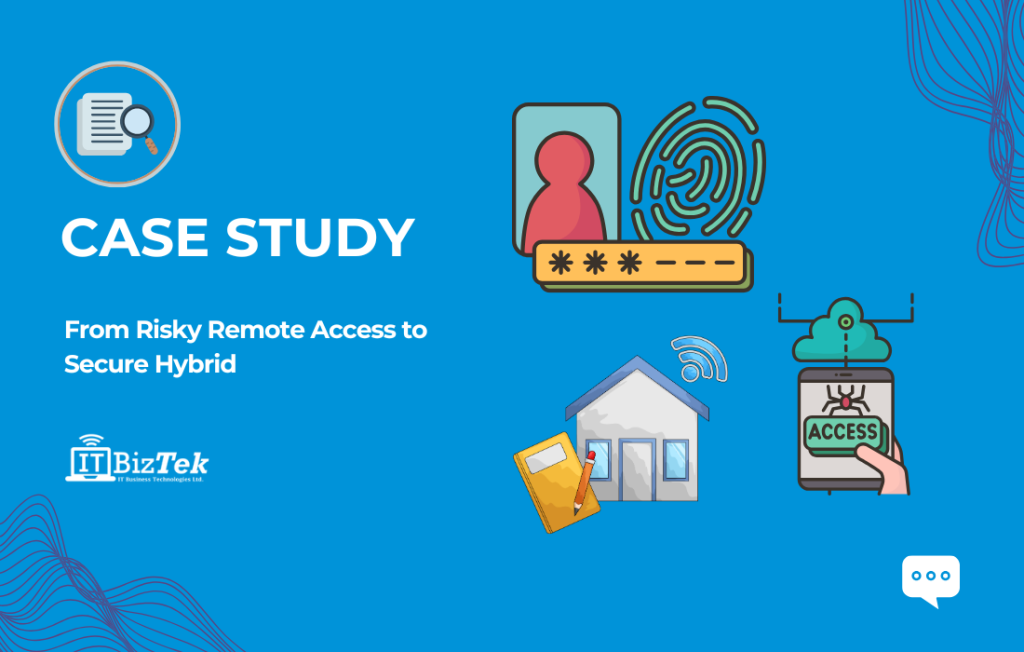The shift to remote work has fundamentally altered the landscape of business operations. While the advantages of this model are evident, the transition brings with it a myriad of challenges, especially in IT management. As businesses continue to adapt, the importance of Managed IT Services has never been more pronounced. This blog delves into the critical role these services play in supporting and enhancing remote work environments.
The Rise of Remote Work
The COVID-19 pandemic catalyzed an unprecedented shift to remote work, forcing companies to rethink their operational frameworks. While remote work offers flexibility and the potential for increased productivity, it also demands robust IT infrastructure and support systems to ensure seamless operations.
Key Challenges of Remote Work
1. Security Concerns
Remote work significantly increases the risk of cyber threats. Employees accessing company data from various locations and devices creates numerous vulnerabilities.
2. Communication and Collaboration
Effective communication and collaboration are paramount for remote teams. Without the right tools and support, maintaining productivity and team cohesion can be challenging.
3. IT Support
Remote employees often encounter technical issues that can hinder their productivity. Without prompt IT Support, these issues can escalate, affecting overall business operations.
The Role of Managed IT Services in Remote Work
Managed IT Services are designed to address these challenges by providing comprehensive IT management and support, ensuring that businesses can operate smoothly regardless of their physical location.
Enhancing Security
One of the most critical roles of Managed IT Services in a remote work era is enhancing security. Managed service providers (MSPs) implement advanced security measures, including firewalls, encryption, and multi-factor authentication, to protect sensitive data. They also conduct regular security audits and vulnerability assessments to identify and mitigate potential threats.
Facilitating Communication and Collaboration
MSPs provide and manage various communication and collaboration tools, such as Microsoft Teams, Slack, and Zoom. They ensure these tools are properly integrated and optimized for performance, allowing remote teams to communicate and collaborate effectively.
IT Setup for Remote Work
Setting up a remote work environment requires meticulous planning and execution. MSPs assist businesses in designing and implementing an IT Setup for Remote Work that includes secure VPNs, reliable internet connections, and necessary hardware and software. This setup ensures that employees have the tools they need to perform their tasks efficiently and securely.
Proactive IT Support
Proactive IT Support is essential in a remote work environment. MSPs offer 24/7 monitoring and support services to promptly address any technical issues that arise. This proactive approach minimizes downtime and ensures that employees can focus on their work without being hindered by IT problems.
Benefits of Managed IT Services
1. Cost Efficiency
By outsourcing IT management to an MSP, businesses can reduce the costs associated with hiring and training in-house IT staff. MSPs offer scalable solutions, allowing businesses to pay for only the services they need.
2. Expertise and Experience
MSPs bring a wealth of expertise and experience to the table. They stay up-to-date with the latest technological advancements and industry best practices, ensuring that businesses receive top-notch IT support.
3. Focus on Core Business Functions
Outsourcing IT management allows businesses to focus on their core functions. With an MSP handling their IT needs, businesses can allocate more resources and attention to strategic initiatives and growth opportunities.
Case Study: Successful Remote Work Implementation
Consider a mid-sized marketing firm that transitioned to remote work during the pandemic. By partnering with an MSP, they were able to seamlessly shift their operations online. The MSP provided a secure IT Setup for Remote Work, implemented robust security measures, and offered continuous IT Support. As a result, the firm experienced minimal disruption, maintained high productivity levels, and successfully safeguarded their data.
Future Trends in Managed IT Services
As remote work continues to evolve, MSPs are adapting to meet new challenges and demands. Future trends in Managed IT Services include:
1. Advanced Cybersecurity Solutions
With the increasing sophistication of cyber threats, MSPs are focusing on developing advanced cybersecurity solutions, such as AI-powered threat detection and response systems.
2. Enhanced Remote Monitoring and Management
MSPs are leveraging advanced remote monitoring and management (RMM) tools to provide even more proactive and efficient IT Support. These tools enable real-time monitoring and quick resolution of issues.
3. Cloud-Based Services
The adoption of cloud-based services is on the rise, providing businesses with scalable and flexible IT solutions. MSPs are expanding their cloud service offerings to meet this growing demand.
In the remote work era, Managed IT Services play a pivotal role in ensuring business continuity, security, and efficiency. By providing robust security measures, facilitating effective communication and collaboration, and offering proactive IT Support, MSPs enable businesses to thrive in a remote work environment. As technology continues to evolve, the role of Managed IT Services will only become more integral to business success.
Investing in Managed IT Services is not just a strategic decision but a necessary one for businesses aiming to navigate the complexities of remote work and stay ahead in today’s competitive landscape.










